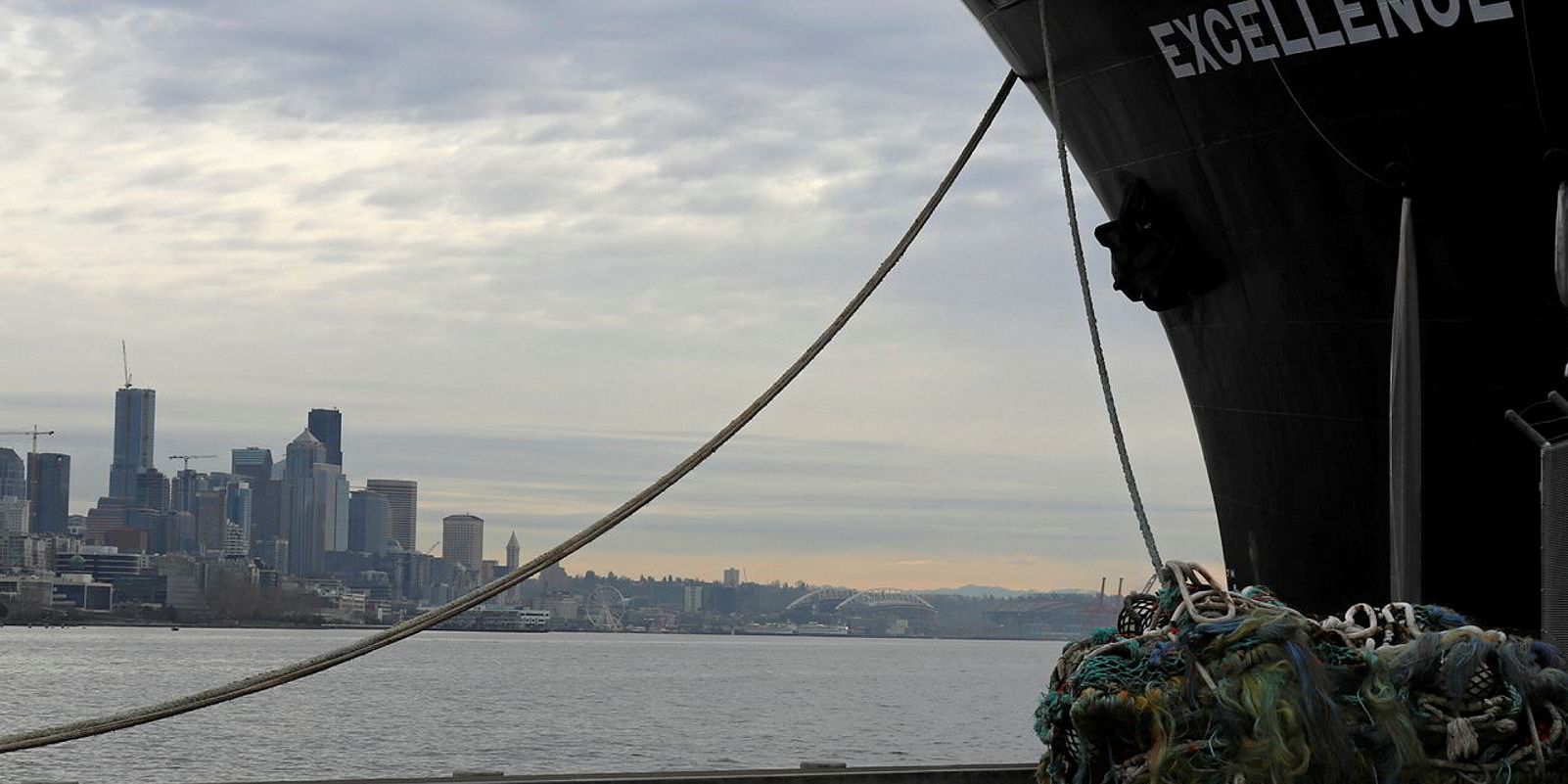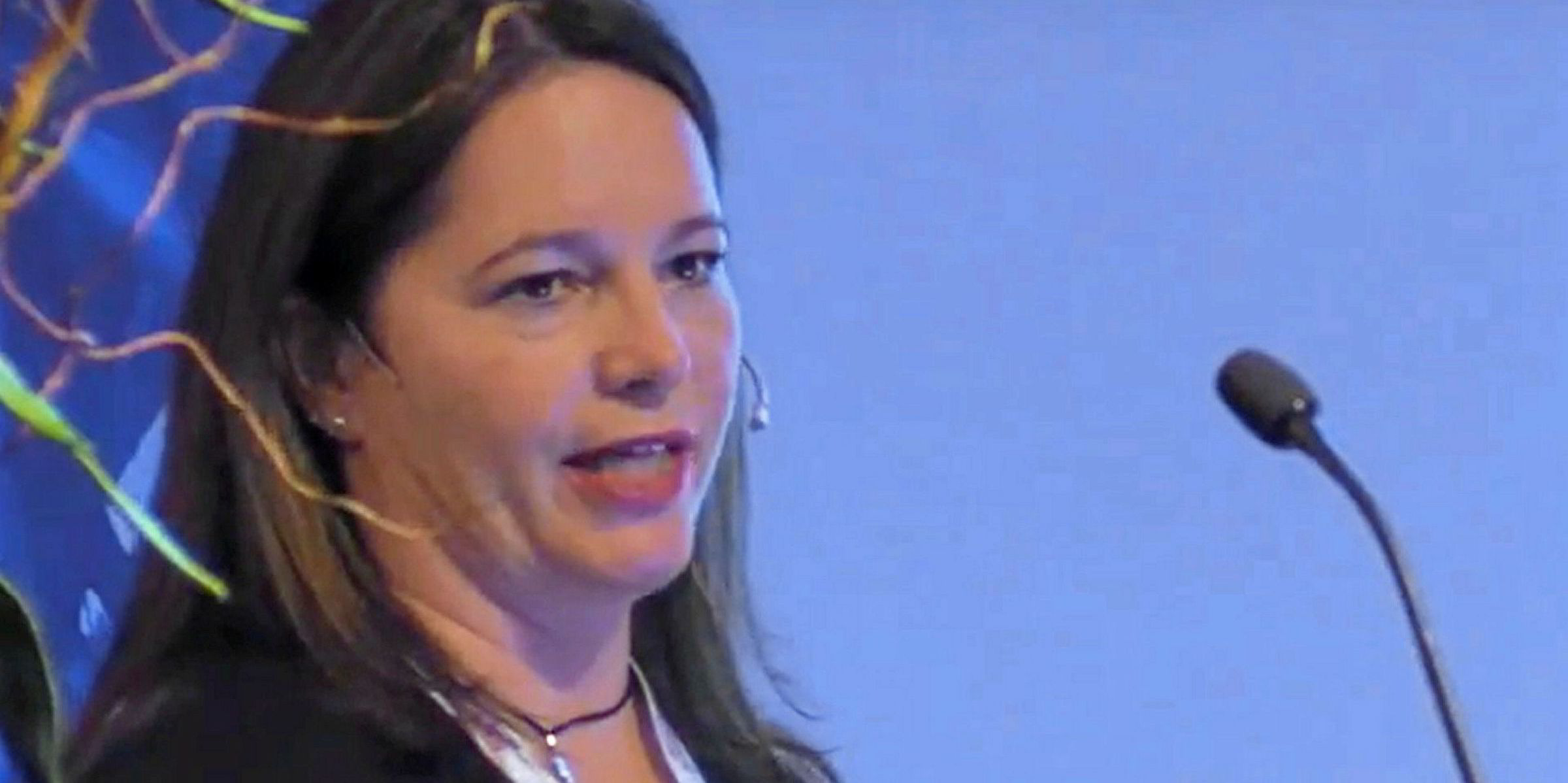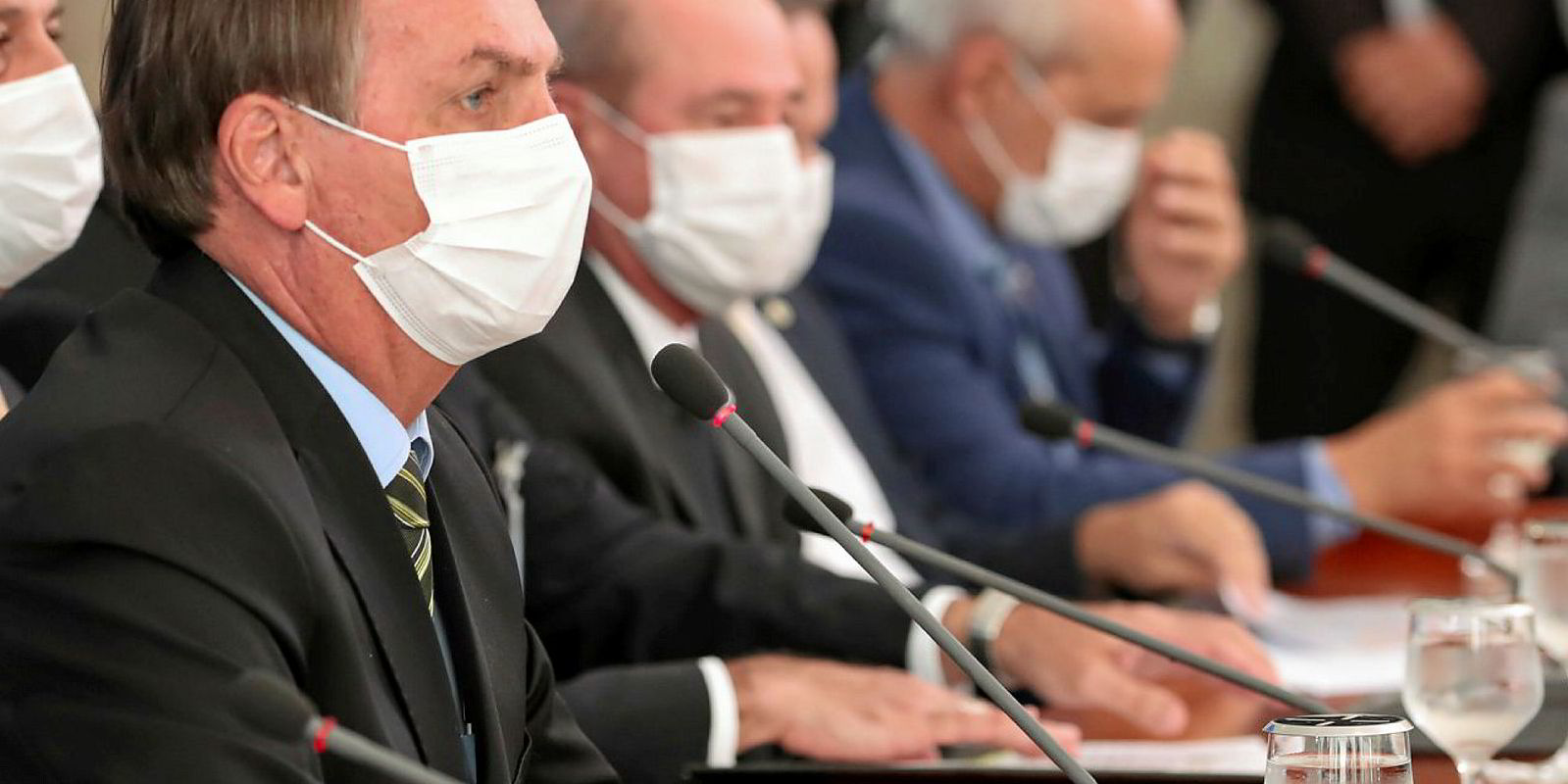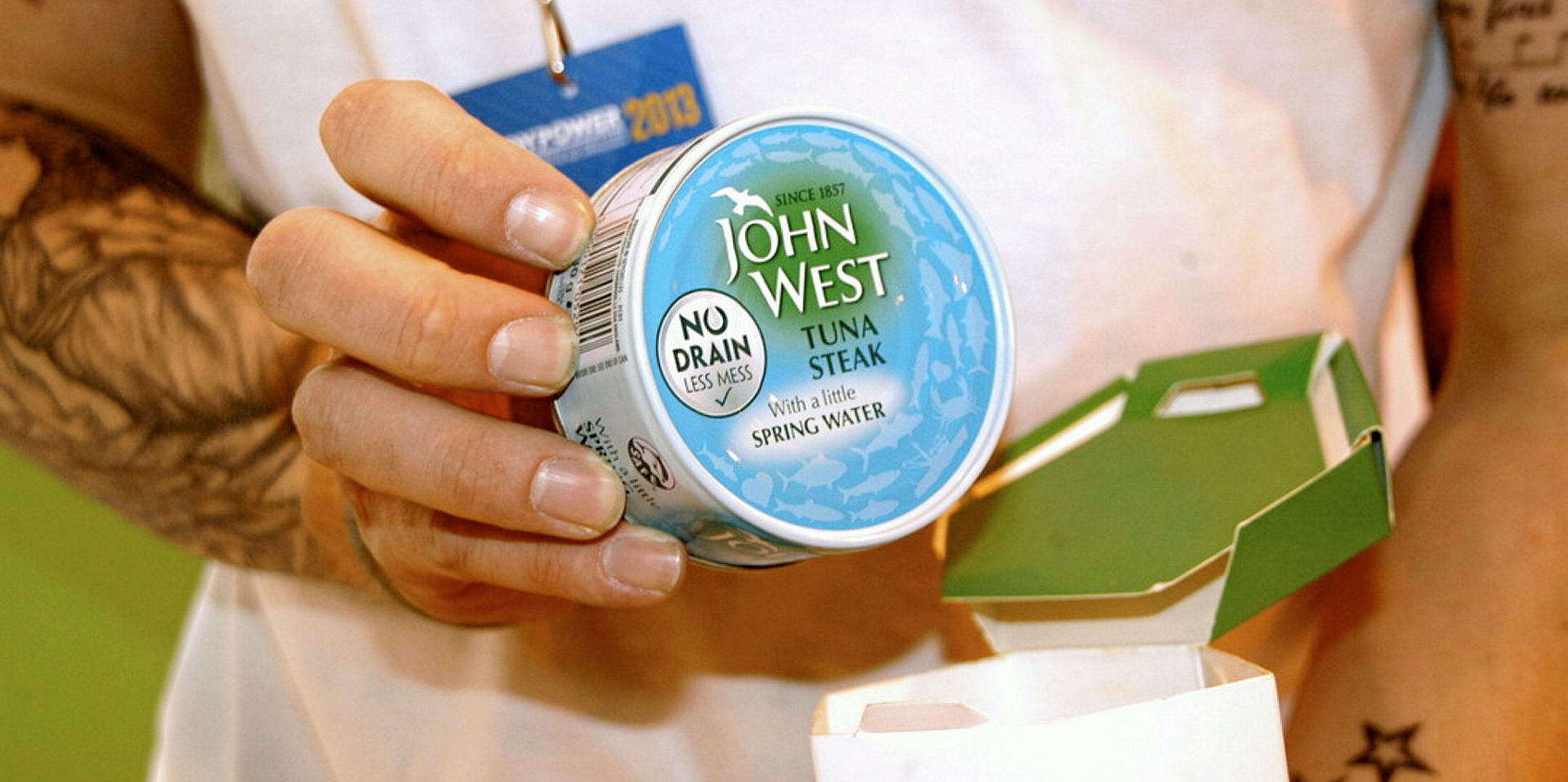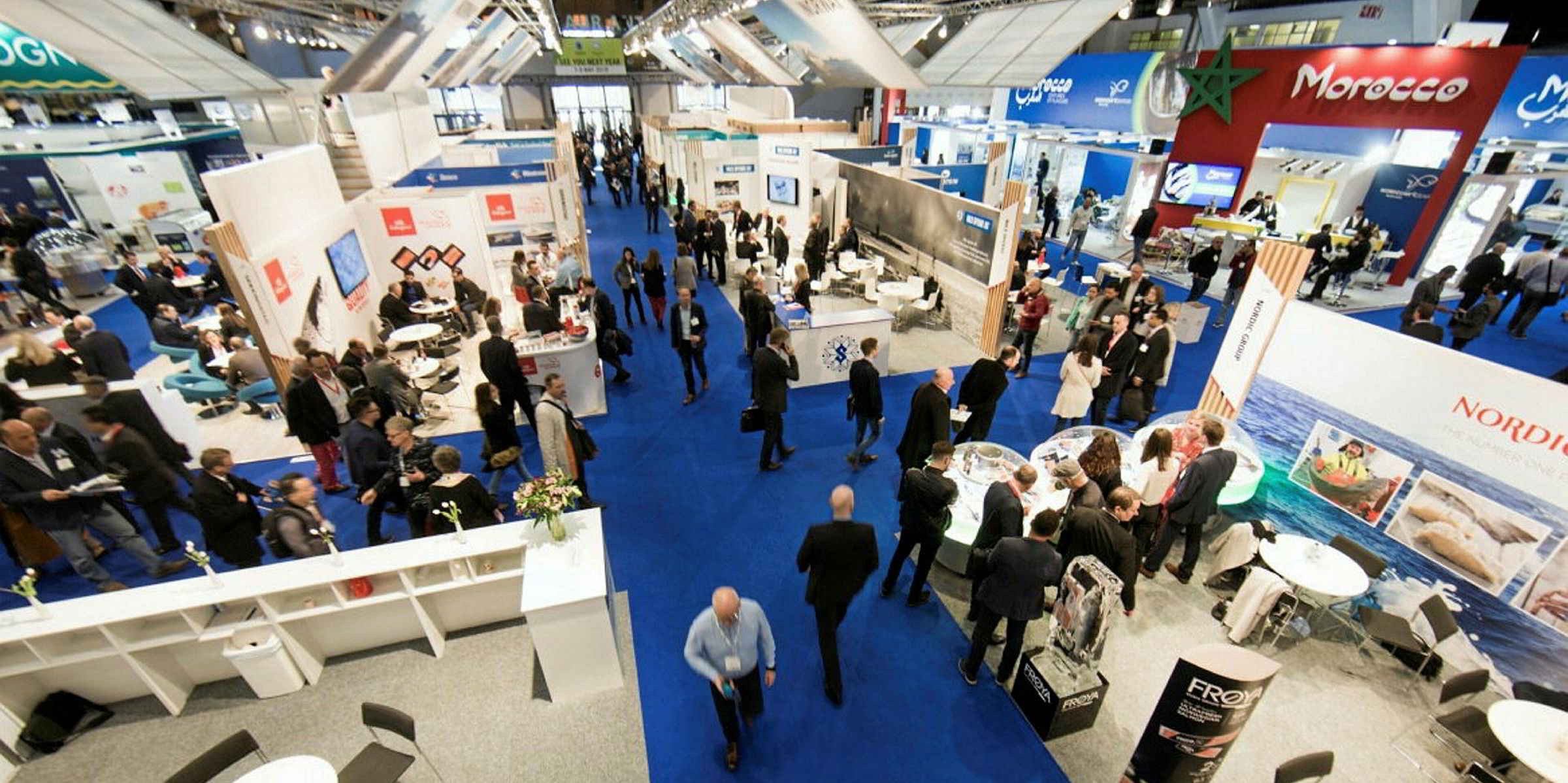The spreading coronavirus is an unprecedented global crisis. IntraFish is dedicated to bringing you coverage from around the globe with our 24/7 news team in Europe, North America and Asia.
Subscribers have full access to our exclusive coverage, including archives, newsletters, ePapers and our dedicated coronavirus page.
Both subscribers and non-subscribers can follow along with briefs on our Live Updates page here, and catch more analysis on the latest episodes of the IntraFish Podcast.
The Alaska pollock industry is mobilizing to prepare for the impact of coronavirus on the single most valuable fishery in US waters.
Matt Tinning, director of public affairs for the At-Sea Processor's Association (APA), told IntraFish the pollock industry has "been working around the clock to assess risks and implement best practices."
"The industry is especially focused on minimizing the impacts of this public health threat on Alaskan fishing communities, fishing crews and processing workers," he said.
Alaska pollock companies have adopted new screening measures together with maritime health doctors, which will help keep anyone with a "risk profile" from traveling to remote communities serving the sector such as Unalaska, or working on vessels and processing plants.
Individual companies are also beginning to take action. Trident Seafoods this week implemented restrictive measures at a processing plant in remote Akutan, Alaska to prevent virus spread. The measures require crews delivering to the plant to remain on their boats, a hiring freeze at the plant and a ban on current employees visiting the city of Akutan.
In addition, the industry is also increasing its communications with public health partners, which include government health and safety officials from Alaska, Washington state, the CDC and the US Coast Guard, Tinning said.
Some protocols are already in place to protect the health of the sector. The Alaska Fishing Industry Safety and Health Committee (AFISH) meets regularly and includes major companies in the Alaska pollock industry such as Trident Seafoods, Glacier Fish, American Seafoods and Aleutian Spray Fisheries. That group is not pollock-specific, however.
Chris Woodley, executive director of the Groundfish Forum, an industry trade association representing groundfish trawlers in the Amendment 80 fleet, is also involved in the working group as well as others related to monitoring coronavirus.
Government is a wild card
The industry will in part be at the mercy of a functioning National Oceanic and Atmospheric Administration (NOAA).
An executive with one major US pollock producer fears there could be challenges around the availability of NOAA Fisheries vessel observers heading into B season, a problem the US tuna industry is also facing as coronavirus concerns close off more and more countries.
NOAA Fisheries observers work independently to collect a wide range of information onboard commercial fishing vessels and at shoreside processing plants. Observers are deployed by permitted providers for up to three months at a time.
John Ewald, director of Public Affairs for NOAA Fisheries, told IntraFish that the agency is "closely monitoring" the situation, and noted that a working group of federal, state and pollock members meet regularly to ensure health checks are completed.
Keeping the fishery afloat
Given the huge volume of whitefish harvested in the Bering Sea, a smooth harvest of the quota is crucial not just for the companies operating in the fishery, but for hundreds of others around the world dependent on pollock for its raw material, be it fish sticks, surimi or fast-food restaurant burgers.
An executive with a major Alaska pollock harvester told IntraFish he is not worried so much about current A season, which winds up in the next month or two, but is concerned about the unknowns surrounding coronavirus protocol heading into pollock's B season, which typically begins in early summer.
The concern is warranted, given the rapid spread of coronavirus on cruise ships across the world, which essentially become floating incubators for the disease. Several major cruise lines have suspended service, and the Port of Seattle has already canceled the April 1 and April 5 planned sailings of the Seattle 2020 cruise season.
The pollock A season began in January, with boats departing from Seattle just weeks ahead the first US case of novel coronavirus being reported in nearby Snohomish County.
While no cases have been reported among any of the Alaska pollock catcher-processor or catcher vessel fleet, once the hundreds of crewmembers arrive back in port at the end of A season in Seattle, tracking their movements and potential exposure to coronavirus will be all but impossible.
Compounding concerns is the already tight supply of H-2 workers using the United State's non-immigrant temporary worker program, and whether there will be enough temporary labor to supply several US food industries that need workers, according to the Los Angeles Times.
The CDC is the main federal response agency for maritime vessels, including the North Pacific Fleet, according to the Port of Seattle, which operates Pier 91 where the majority of the pollock fleet docks, including American Seafoods, Glacier Fish and Arctic Storm.
The United States Coast Guard has forwarded precautionary information to vessel owners, operators and local stakeholders, according to the Port.
"We've not seen any drop off in business," Port of Seattle spokesperson Peter McGraw told IntraFish in relation to the port's commercial fishing operations at Pier 91.
"In fact, on the fishing side, it's been business as usual, with no cancellations of moorage. The North Pacific Fishing Fleet is actively preparing for this summer's fishing season."
